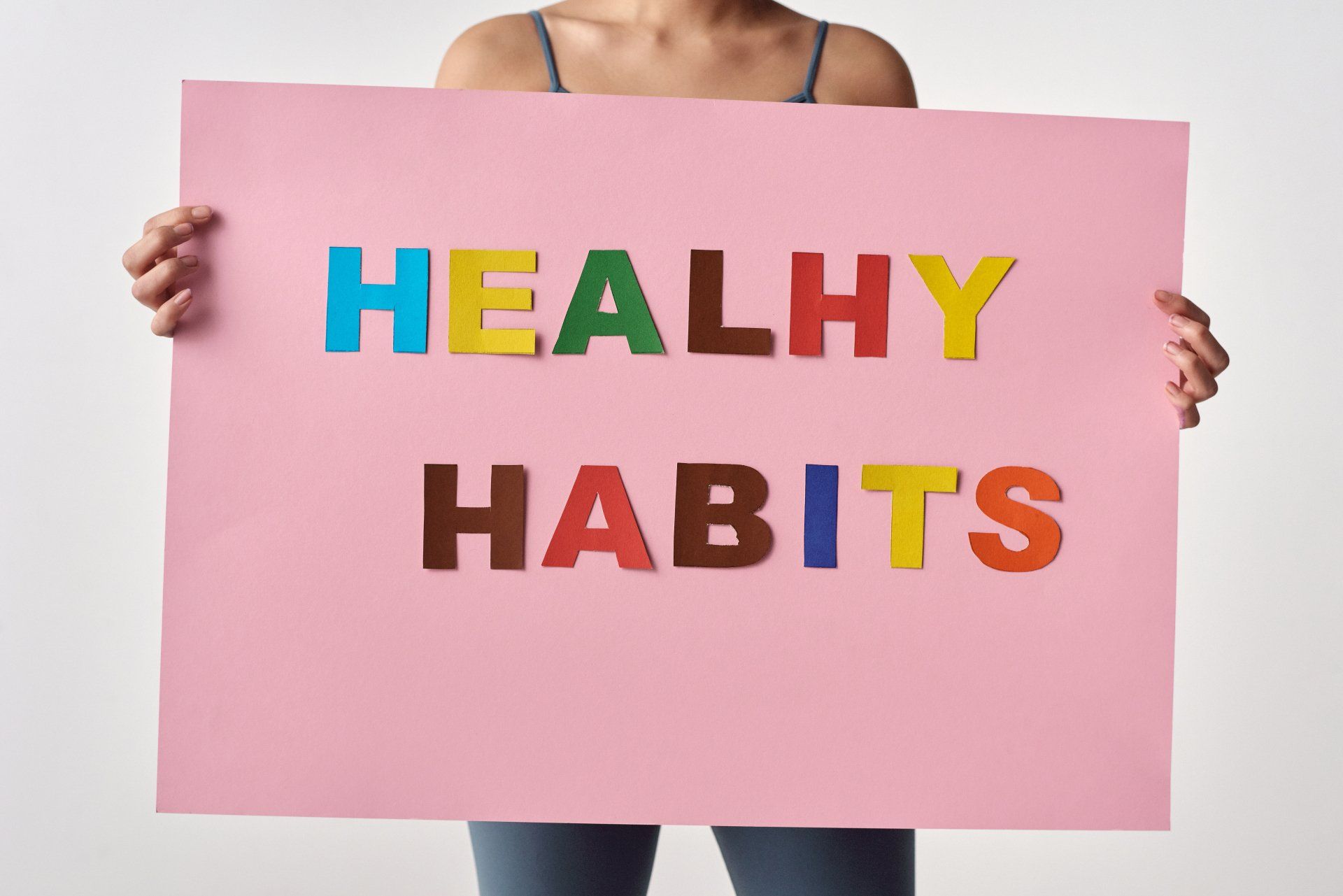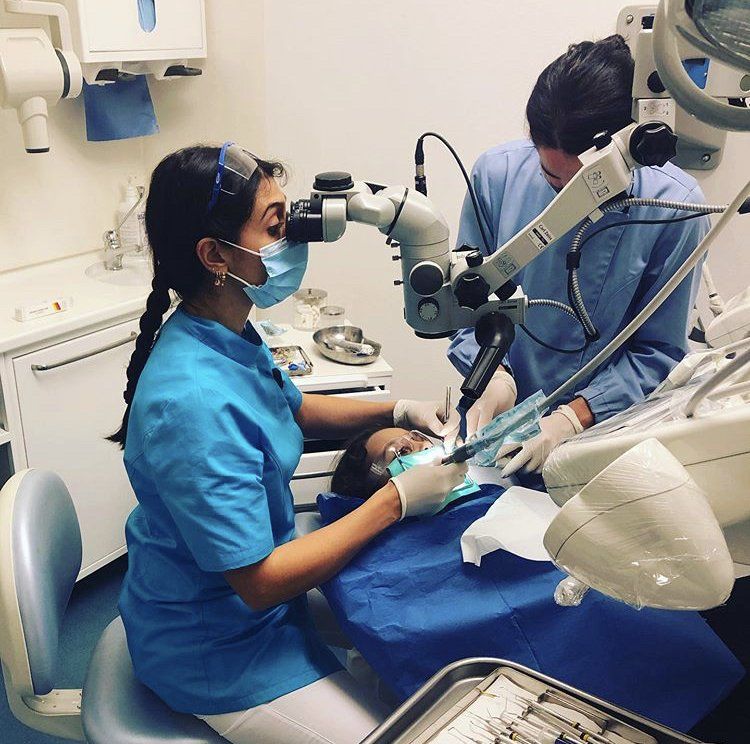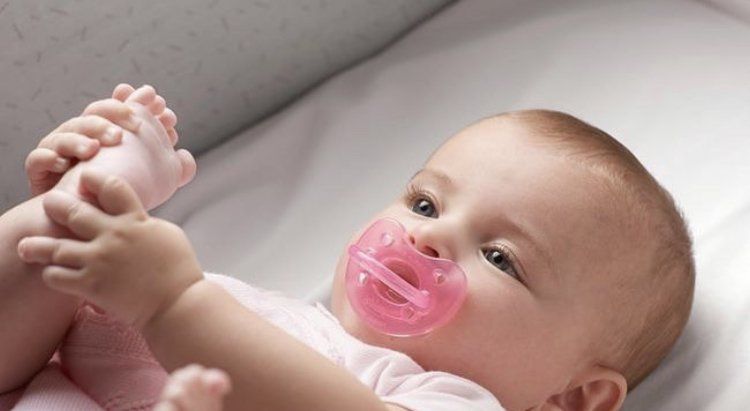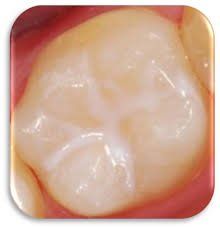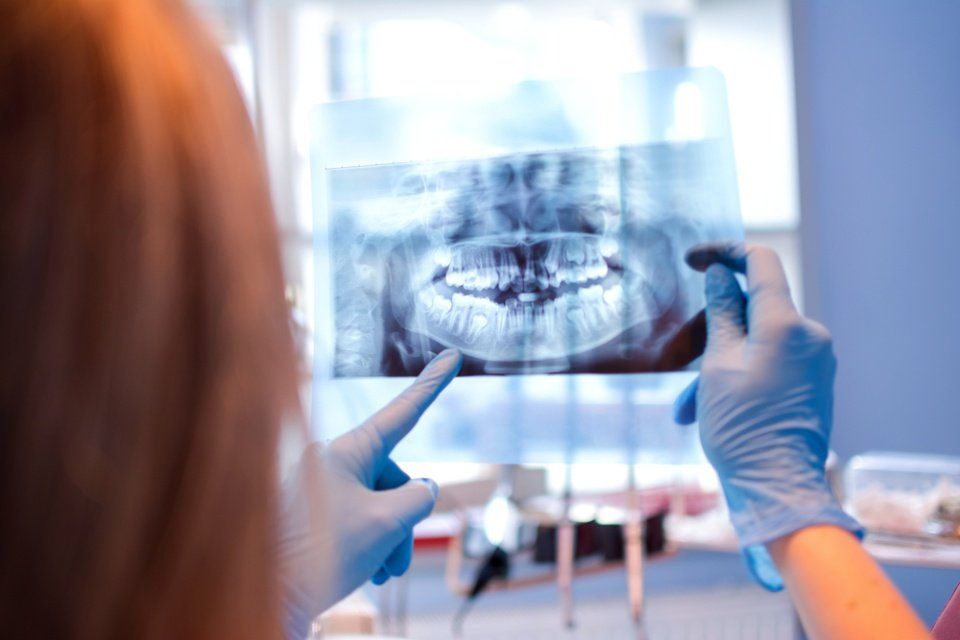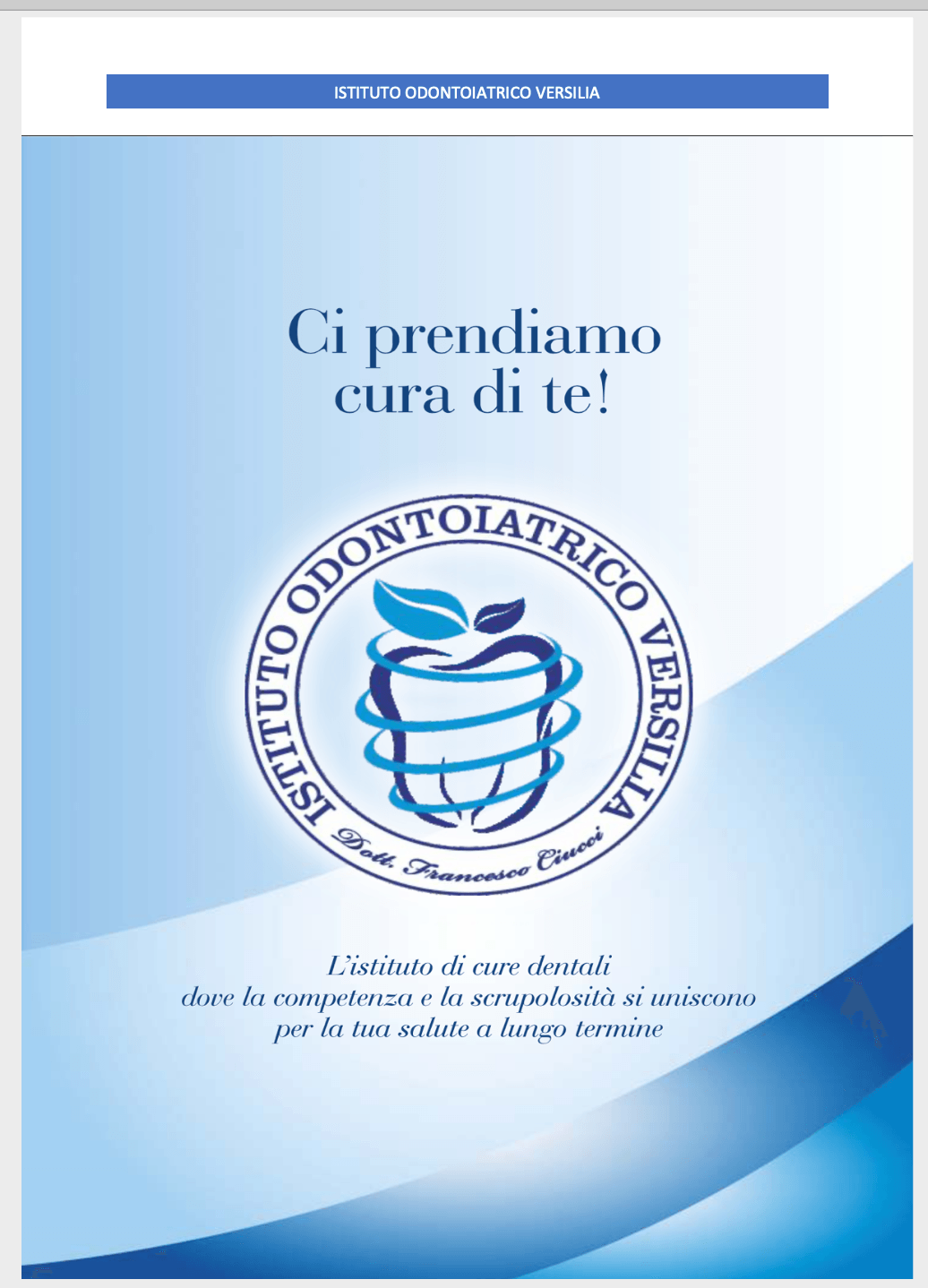WORKING TOGETHER at home and in the clinic
We collaborate with you for your child's oral health
Oral hygiene for infants: practical tips
Exclusive breastfeeding: Infants who are exclusively breastfed do not need to clean their gums. Breast milk provides natural immunity support that benefits the oral microbiota.
For formula-fed infants, you might consider using gauze.
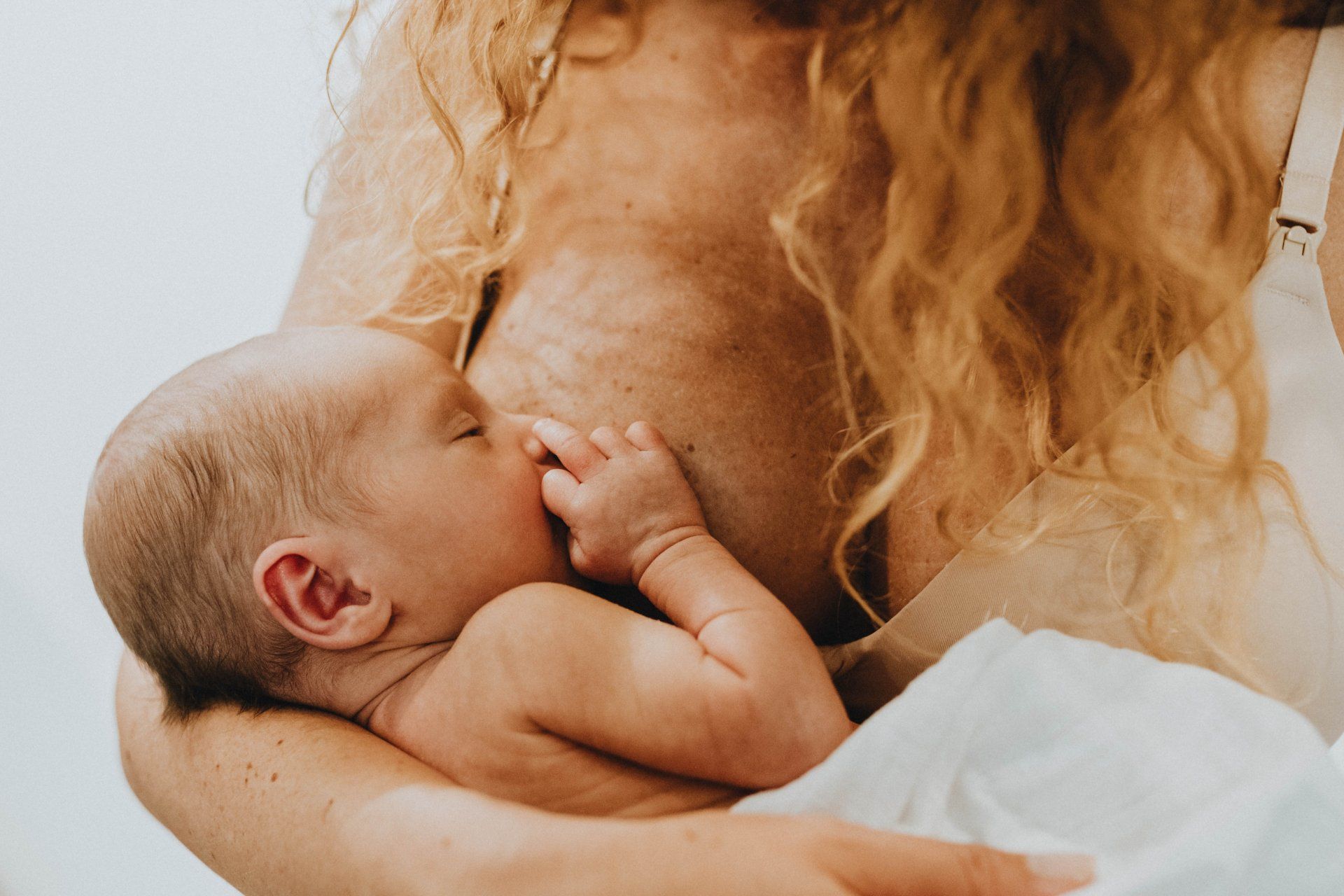
When to start brushing baby’s teeth?
As soon as the first baby tooth appears is the best time to start brushing your little one’s teeth.
Oral hygiene for infants: when to brush the teeth?
From the first tooth, twice a day. Note: if there is night-time formula feeding, it is advisable to brush teeth in the morning before breakfast and a total of three times a day.
How should teeth be brushed?
Use fluoride toothpaste (1000 ppm fluoride), a toothbrush, and dental floss.
When toschedule the first dentist visit?
As soon as the first baby tooth appears so that your dentist can provide additional information on prevention.
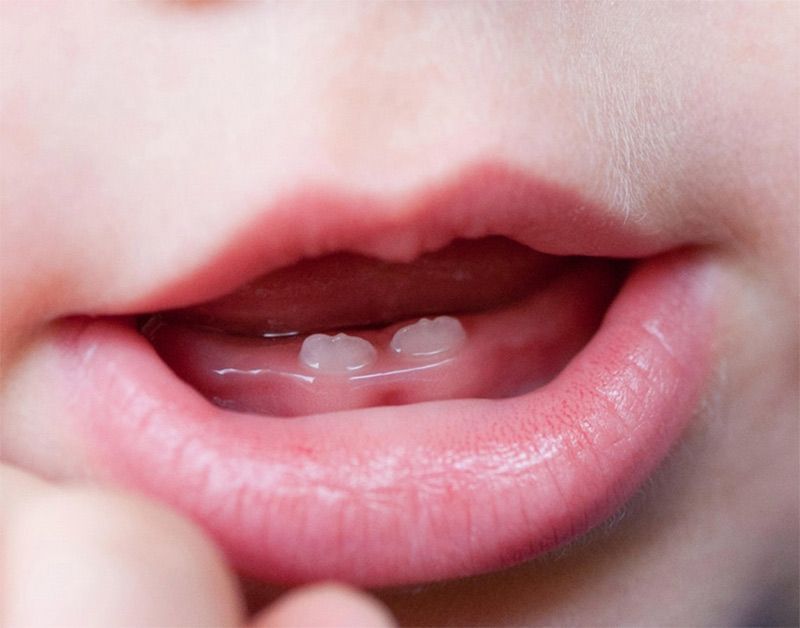
A HEALTHY MOUTH BEGINS IN THE FIRST MONTHS OF LIFE
Recommended toothbrush: Small, round head, soft nylon bristles, long handle, safety ring, colourful bristles, suction base useful for drying.
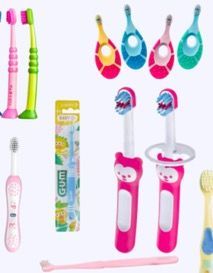
Recommended toothpaste: starting from 1000 ppm fluoride.
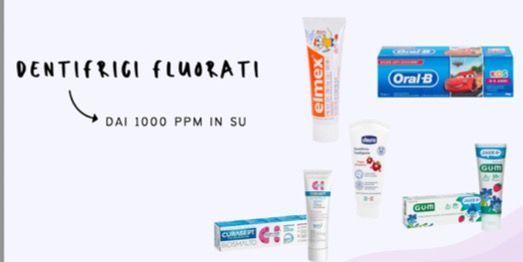
Amount of toothpaste recommended:
6 months to 3 years: a rice-sized amount; 3 to 6 years: a pea-sized amount
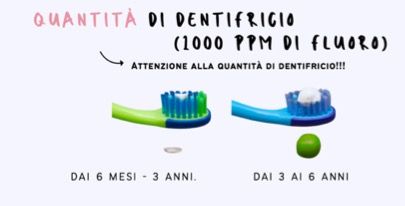
How to brush teeth? Lift the lip technique: Lift the lip and move the cheek to prevent plaque from remaining between the teeth.
Brushing technique and what if they cry? It’s important to remember that we are not traumatising the child. Brushing teeth is non-negotiable, just like changing a nappy.
THE PARENT IS RESPONSIBLE FOR THE CHILD'S ORAL HYGIENE
When to start using dental floss? As soon as possible, especially if there are no gaps between the teeth.
How often to change the toothbrush? Every 2-3 months, when bristles start to splay, after a viral illness or infection, and after a cleaning session.


What can help in brushing your child’s teeth? Books, internet apps, or an oral hygiene calendar.


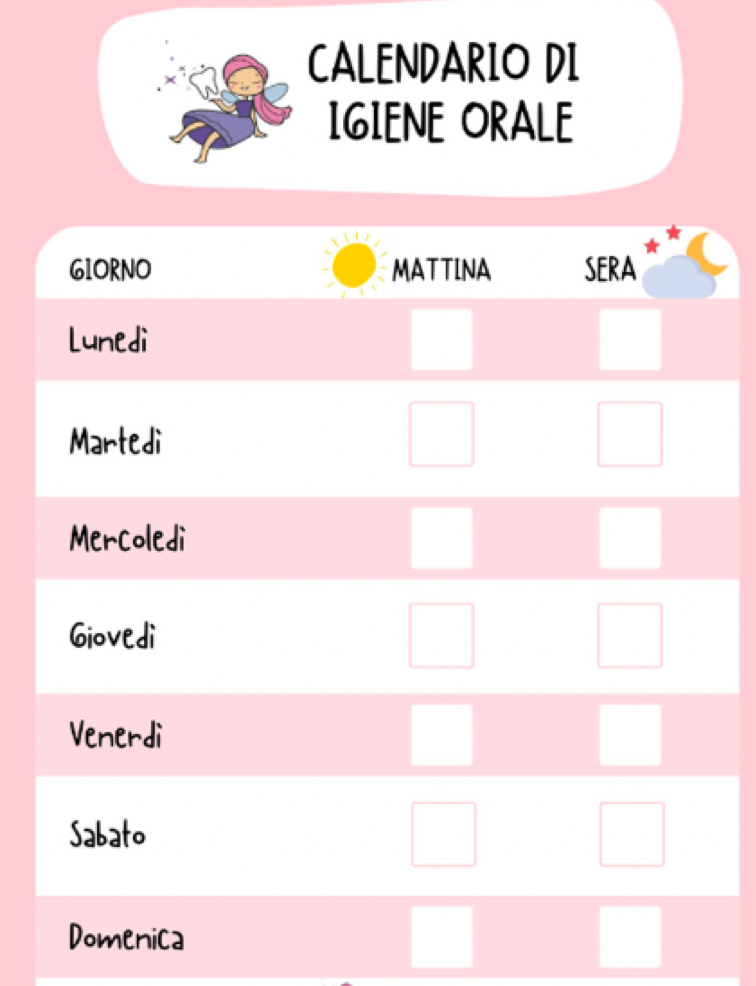
Fluoride prophylaxis
Fluoride is a naturally occurring substance that, according to World Health Organization guidelines, if used correctly and regularly from an early age (as early as 6 months), helps make enamel more resistant to decay.
Fluoride can be found in drinking water, mineral water, beverages, foods, toothpaste, gels, and specific mouth rinses.
Diet
Can diet help maintain healthy teeth?
Certainly! Diet plays a crucial role in cavity prevention and overall oral health.
Limiting sweets, sugary drinks, fruit juices, and being cautious with certain fruits that are high in sugar is very helpful.
It is not correct to eliminate these foods entirely, but you can teach your children to brush their teeth after eating, including at snack times.
It is also important to remember that cariogenic action is related to the acidity of foods: all fizzy drinks, sports drinks, tea, and freeze-dried products create an acidic environment that weakens tooth enamel and encourages bacterial growth, which is extremely harmful to your children’s (and your) teeth.
Additional small tips and healthy dietary choices include:
- Give children fruit and vegetables with high water content, even as a snack: pears, melons, celery, and cucumbers are the best.
- Cheese, in moderation, is a good ally: it stimulates saliva flow, which helps wash away food residues from the teeth. It also contains calcium and reduces mouth acidity.
- Avoid sticky foods: raisins, dried figs, cereal bars, peanut butter cookies, caramel, honey, molasses, syrups, etc., make the initial cleaning task of saliva more difficult. If the child consumes these products, they should brush their teeth immediately after eating.
- It is better to consume sweets right after a meal as dessert: saliva production is higher after eating, which makes it easier to remove residues.
- Always prefer water over other drinks: juices, sodas, and milk contain sugars. Water does not damage teeth and also helps wash away some food residues.
- Include calcium-rich foods to strengthen teeth: good sources include milk, broccoli, and yoghurt.
Incorrect habits
The early years of a child's life are crucial for learning the correct hygiene and cleaning habits that will last a lifetime.
Parents have the role of teaching the importance of care and prevention, remembering to bring the child for their first visit around 4-5 years of age. The dentist can help the family teach the young patient proper daily cleaning, monitor oral health, and track the correct positioning of teeth.
- NEVER dip a pacifier in honey or sugar, even when teeth have not yet erupted.
- NEVER let a child fall asleep with a bottle of chamomile or other sugary drinks.
These habits cause the so-called “bottle syndrome”: the child’s front teeth are damaged and decay immediately due to the sugar administered in this way.
Remove the pacifier around 12 months of age and teach them to drink from a cup rather than a bottle: this can help prevent or avoid misalignment and malocclusions caused by poor habits.
Also, try to correct thumb-sucking habits, paying particular attention during sleep.

